
Increasing Access to Employment Opportunities for Every Milwaukeean
In Milwaukee, more than 17 percent of Black residents are unemployed, compared to more than 4 percent of white residents. A key to closing this widening economic gap is giving individuals more workforce development opportunities and access to job prospects. Employ Milwaukee, the local workforce development board serving Milwaukee County,... Read more
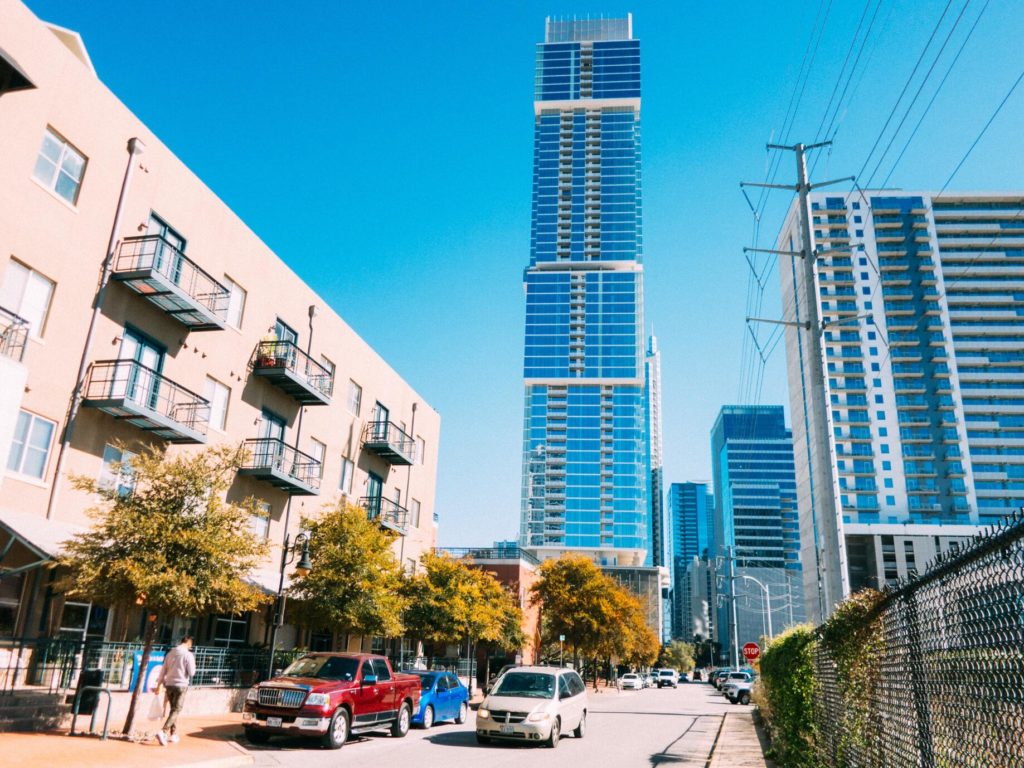
Combating Gentrification Through Innovative and Actionable Redevelopment
Austin has been one of the fastest-growing major metro areas in the country for nearly a decade, with a population closing in on 1 million and expected to double before 2040. Along with this growth, rising real estate prices, property taxes, and general cost of living have driven many longtime... Read more
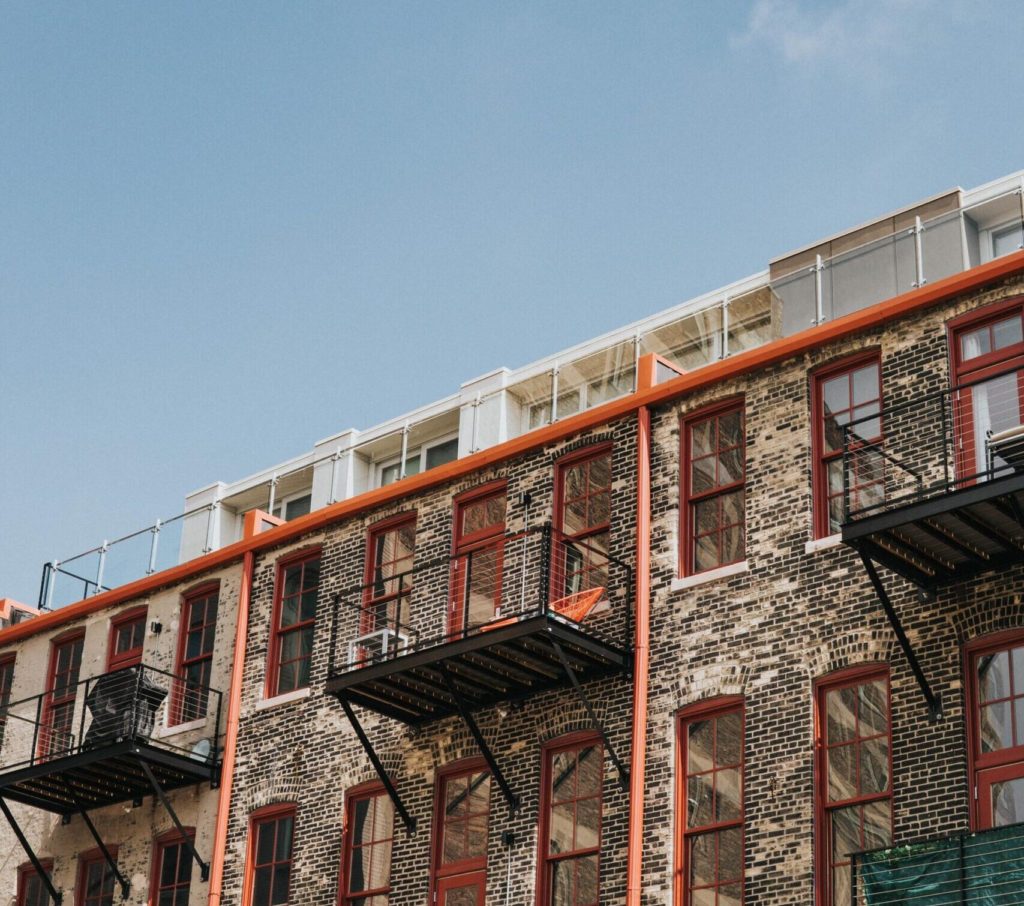
Bolstering Homeownership to Build Neighborhood Resilience
Like many U.S. cities, Milwaukee is dealing with an affordable housing crisis, with many residents often spending 50 to 80 percent of their income on rent or mortgage payments and homeownership rates dropping by nearly 14% over the last decade. Black residents in Milwaukee are especially strained, with 40% of... Read more
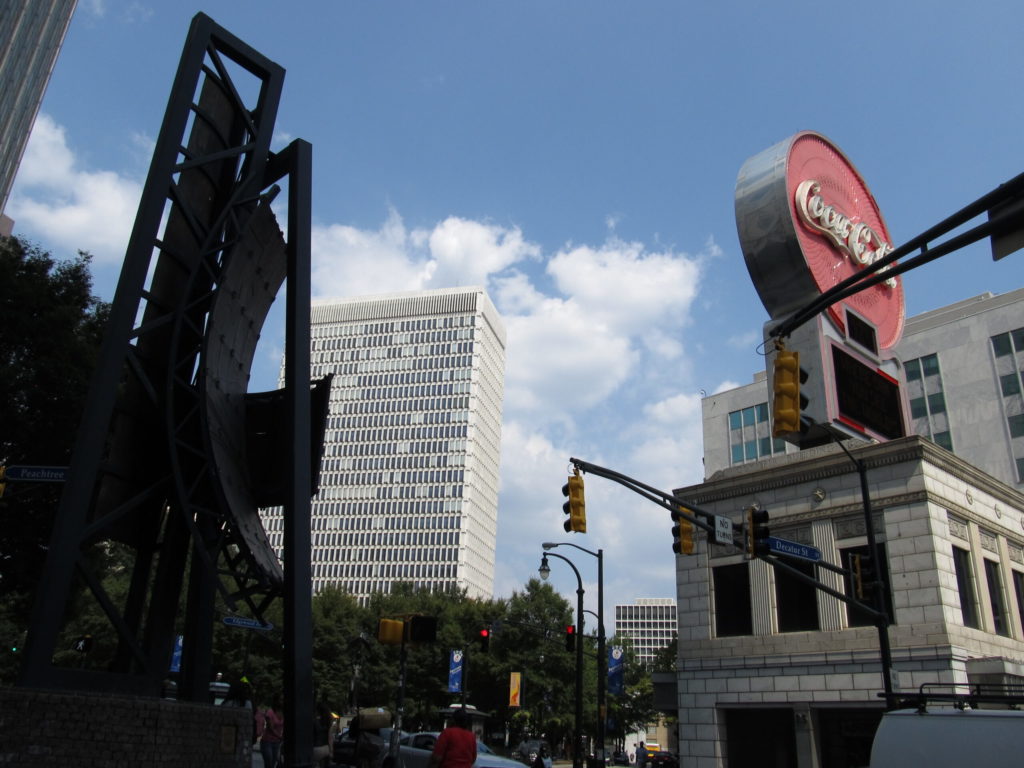
Small Business Supports to Build Wealth in Atlanta’s Black and Brown Communities
In Atlanta, Black and historically underserved communities located south and west of the city have been economically stagnant despite growth in other parts of the city. The economic recession resulting from COVID-19 poses an additional threat to these communities, leaving them susceptible to even larger outcome gaps. Specifically, the pandemic... Read more

Investing in Food Ecosystem to Provide New Pathways to Employment
In Houston, an estimated 725,000 people are food insecure, 500,000 of whom are living in federally designated districts where the closest supermarket is more than a mile away. These districts are found predominantly in the city’s historically underinvested communities, neighborhoods in which economic inequity has endured for generations. Exacerbating these... Read more
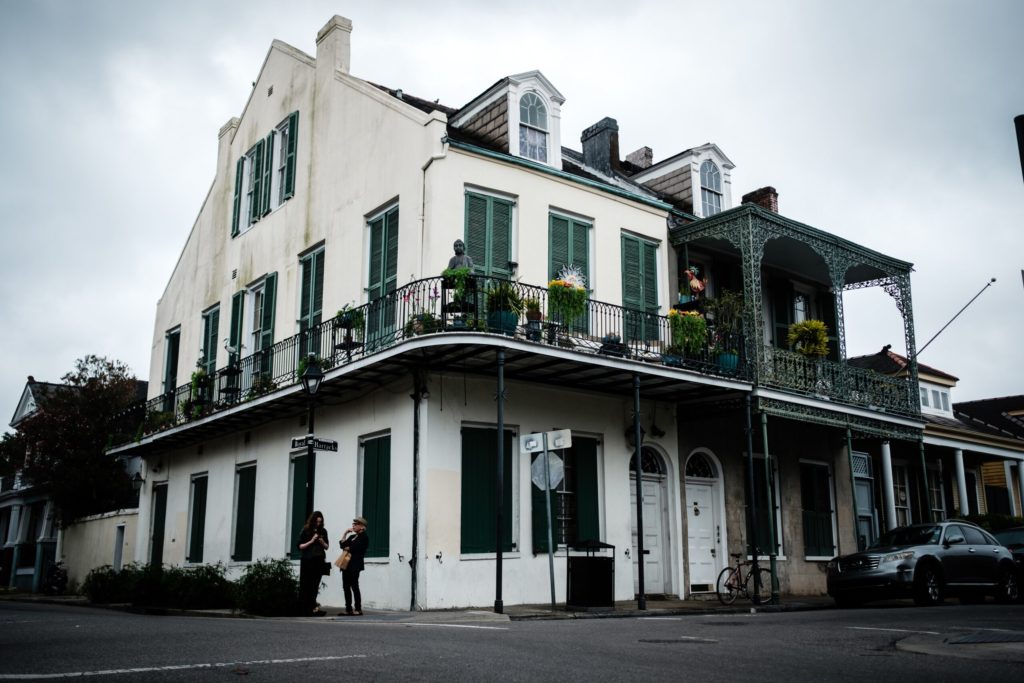
Building Intergenerational Wealth in the Black Community
In 2020, New Orleans marks the 15th anniversary of Hurricane Katrina and the 10th anniversary of the BP oil spill. From each disaster, the city has rebuilt, but Black residents have been largely left behind, with six times as many Black households living in poverty as white households. These economic... Read more
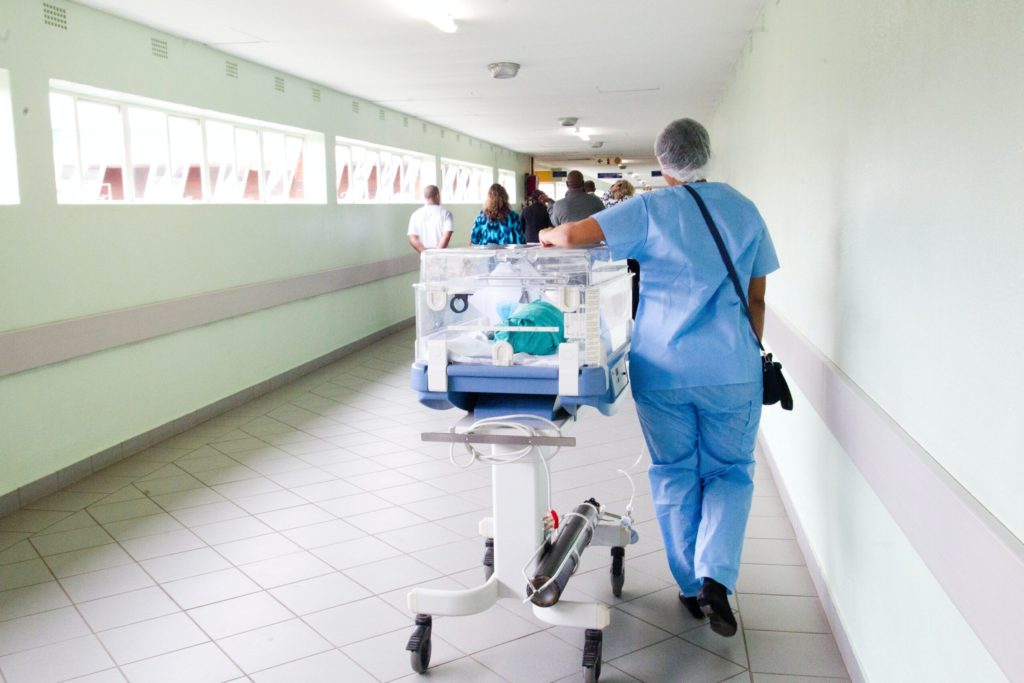
Targeting Health Inequities for Black Residents
The New Orleans Health Department (NOHD) recently conducted a comprehensive community health assessment to gain an inclusive picture of the health status of residents. The assessment revealed five main social determinants of health — crime and violence, insufficient infrastructure, unhealthy environments, lack of jobs and fair wages, and low-quality and... Read more
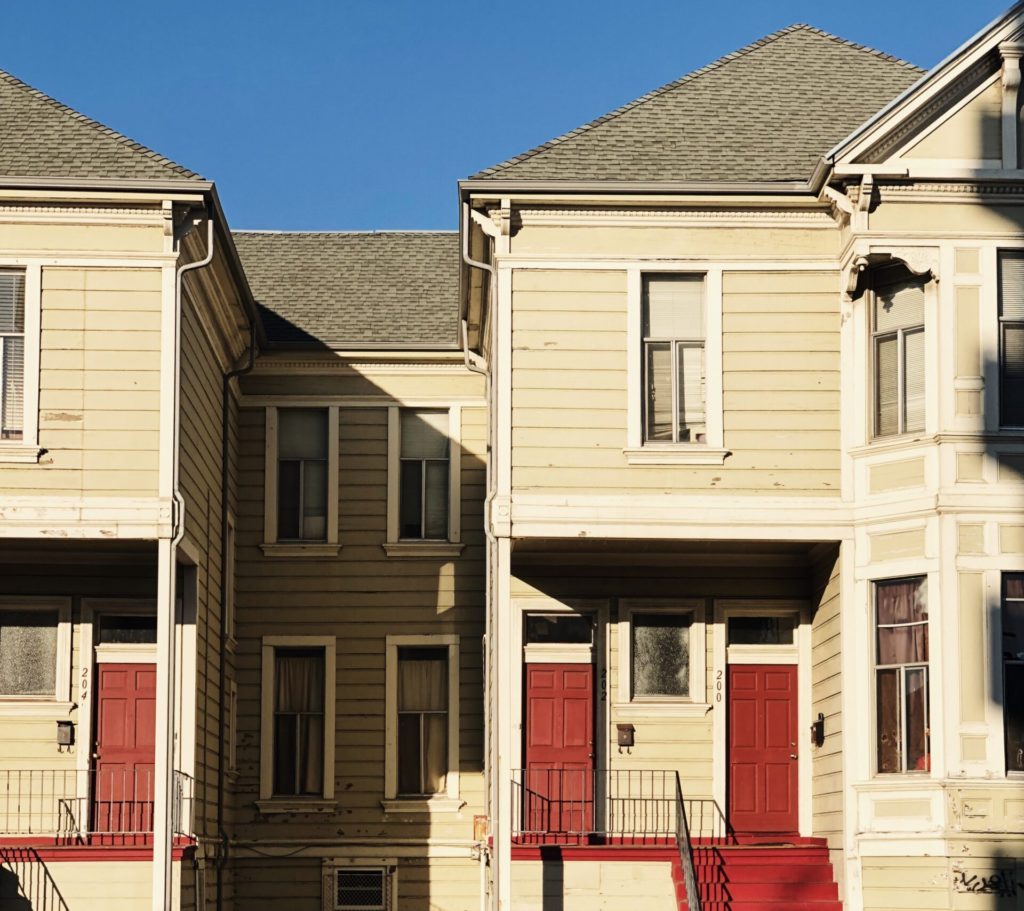
Implementing the “Better Neighborhoods, Same Neighbors” Initiative
Oakland is working to reduce racial disparities and promote economic security and opportunity for residents, especially those living in underserved neighborhoods in East Oakland. After partnering and engaging with communities in East Oakland, city officials created the Better Neighborhoods, Same Neighbors plan, which was awarded a $28.2 million multi-year Transformative... Read more
